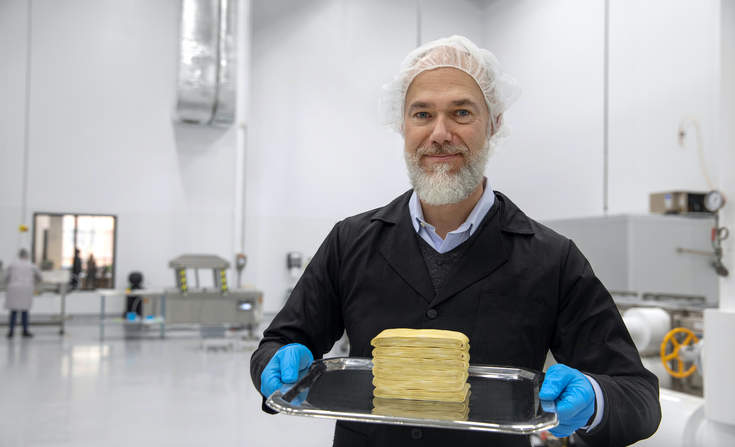In Yellowstone National Park’s geothermal hot springs, temperatures can reach 456 degrees Fahrenheit, but this doesn’t prevent unique microbes from living in their depths. Nature’s Fynd is using these resilient microbes to create the new wave of alternative protein to be used in the growing fake meat industry.
The fermentation process uses the microbes to grow protein that contains all nine essential amino acids, much like real meat. The process was catalyzed by NASA-supported research. These microbes turn light into chemical energy, a process that has fascinated scientists for years.
Nature’s Fynd co-founder and CEO Thomas Jonas says these microbes are actually closer to animals than they are to plants. Currently, in their facility in Chicago, the microbes are being used to turn simple sugars into protein. This holds huge potential for the sustainable alternative meat industry. The protein can be grown with minimal inputs in a small area, using 99 percent less land and emitting 99 percent fewer greenhouse gases than a classic animal protein.
The company collected $80 million more in backing this week after Al Gore and Bill Gates supported the venture via their investment firms Generation Investment Management and Breakthrough Energy Ventures. It is also backed by key environmental groups including the Environment Protection Agency, the National Science Foundation, and the Department of Agriculture. Although sourced from Yellowstone, the project is not invasive or damaging to the park.
Nature’s Fynd hopes to have a retail product on the market in 2020 and they are currently testing all different types of product applications including liquid, solid, frozen, canned, fresh, dairy, meat, sweet and savory. If successful, this innovation could be a huge solution to feeding a growing global population more sustainably.











